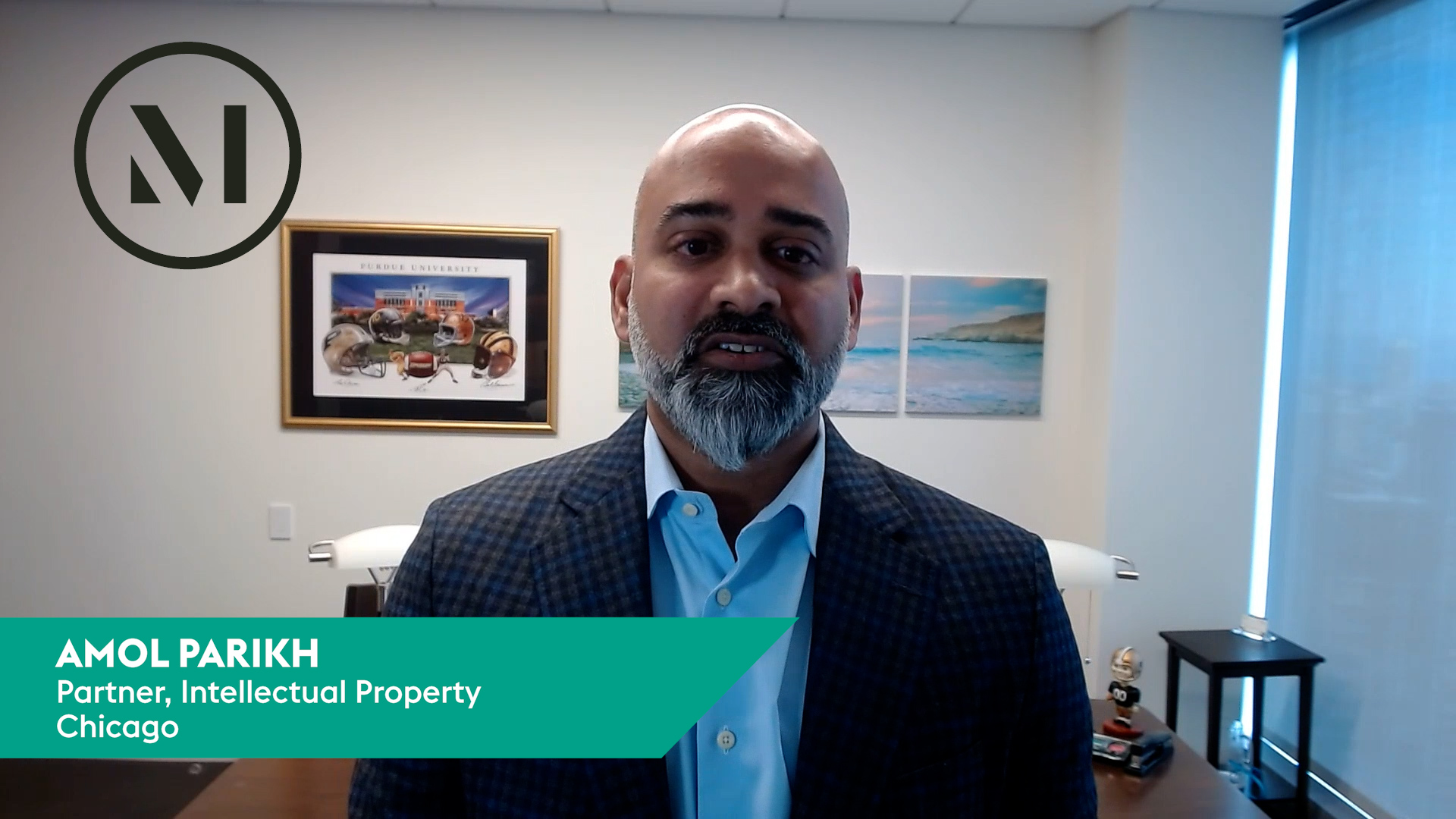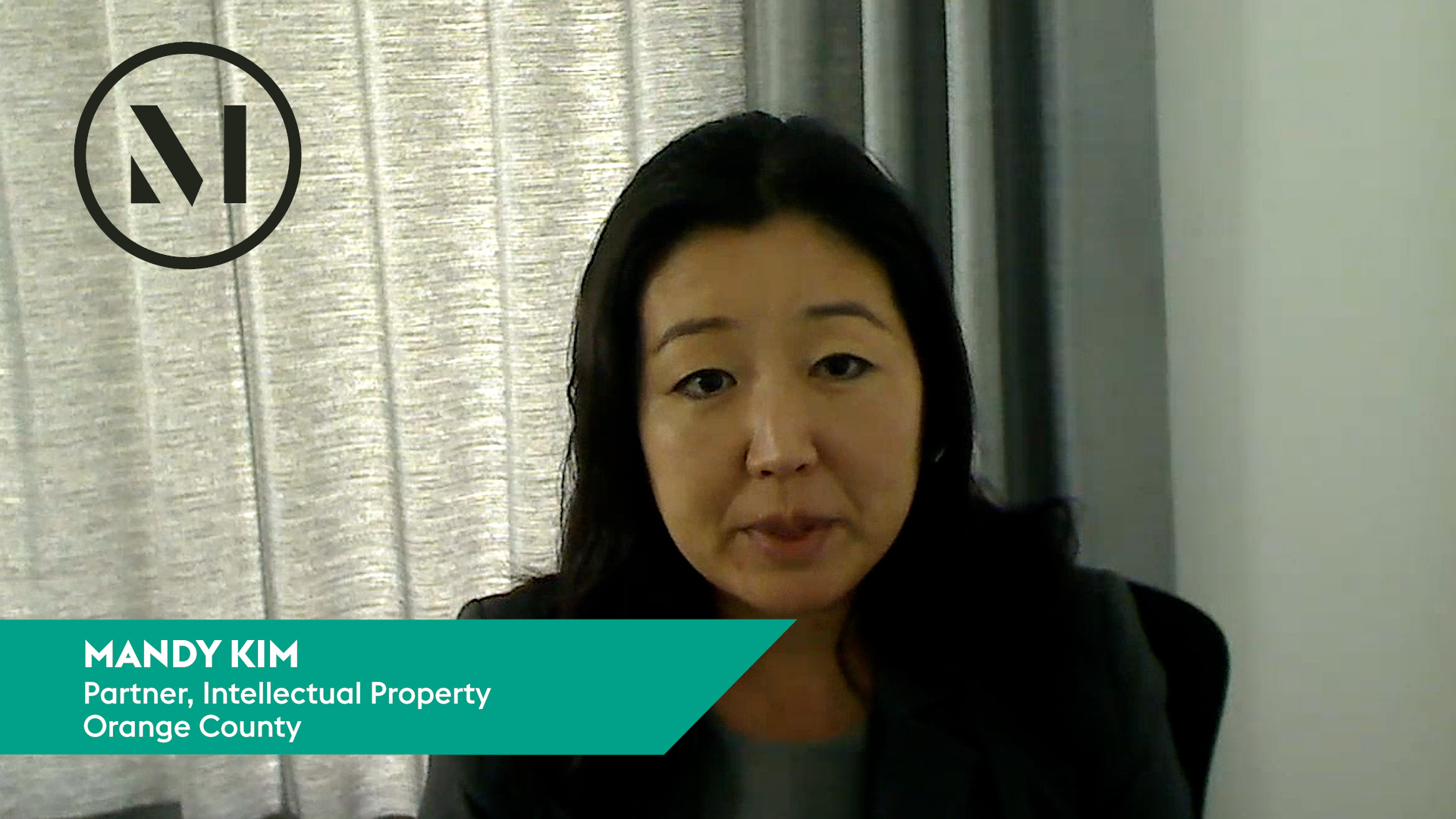In a case involving sua sponte review, the Director of the US Patent & Trademark Office (PTO) vacated an inter partes review (IPR) decision denying institution, found that the Patent Trial & Appeal Board had statutory authority to institute IPR review of a claim that had been previously found invalid by a district court under 35 U.S.C. § 101 (but under appeal), and remanded the proceeding for the Board to consider whether discretionary denial was appropriate. Volvo Penta of the Americas, LLC v. Brunswick Corp., IPR2022-01366, -01367, -01368, -01369, -01424 (PTO May 2, 2023) (Vidal, Dir.).
Brunswick owns several patents related to marine vessels. Volvo filed IPR petitions challenging the patents, which the Board ultimately denied. Prior to the Board’s decision, the District Court for the Eastern District of Virginia determined that claim 1 in each of the challenged patents was directed to patent-ineligible subject matter and thus was invalid under § 101. In denying institution, the Board concluded that it lacked authority to institute the IPRs because the challenged claims were no longer in effect and the America Invents Act (AIA) only permits a petitioner to challenge a claim, noting that “when given its plain and ordinary meaning, § 311(b) provides that only claims that are in effect may be annulled.” Although Brunswick appealed the district court’s decision, the Board determined that the challenged claims were finally adjudicated. Thus, the Board lacked authority to institute the requested IPR. The Board also determined that the multi-factor Fintiv analysis for discretionary denial under 35 U.S.C. § 214(a) was inapplicable here in view of the district court’s invalidity finding.
The Director reviewed the Board’s decision sua sponte and vacated the Board’s institution decision with instructions to analyze Fintiv factors 1 through 5 in view of the parallel district court proceeding.
The Director first addressed the Board’s § 311(b) analysis. The Director concluded that in finding the district court’s invalidity determination to be a final adjudication, the Board appeared to have borrowed from collateral estoppel principles. The Director found, however, that these principles do not apply to § 311(b) nor was there any assertion that Volvo was collaterally estopped from pursuing IPRs. The Director also determined that the challenged claims were not fully adjudicated since the district court’s decision was subject to further judicial review. Thus, the Director found that the Board had statutory authority to institute the IPRs.
Next, the Director addressed the Board’s Fintiv analysis, finding that the Board improperly interpreted Fintiv as limited to its exercise of discretion in the context of ongoing parallel district court litigation where final judgment has not yet been entered. The Director explained that the Fintiv analysis applied where, as here, the claims remain subject to further review on appeal. The Director instructed the Board to evaluate the Fintiv factors on remand and instructed that if the Board determines that these factors favor discretion to deny institution, the Board should then consider whether the case on the merits is compelling (consistent with the
Continue Reading
read more

 Subscribe
Subscribe







